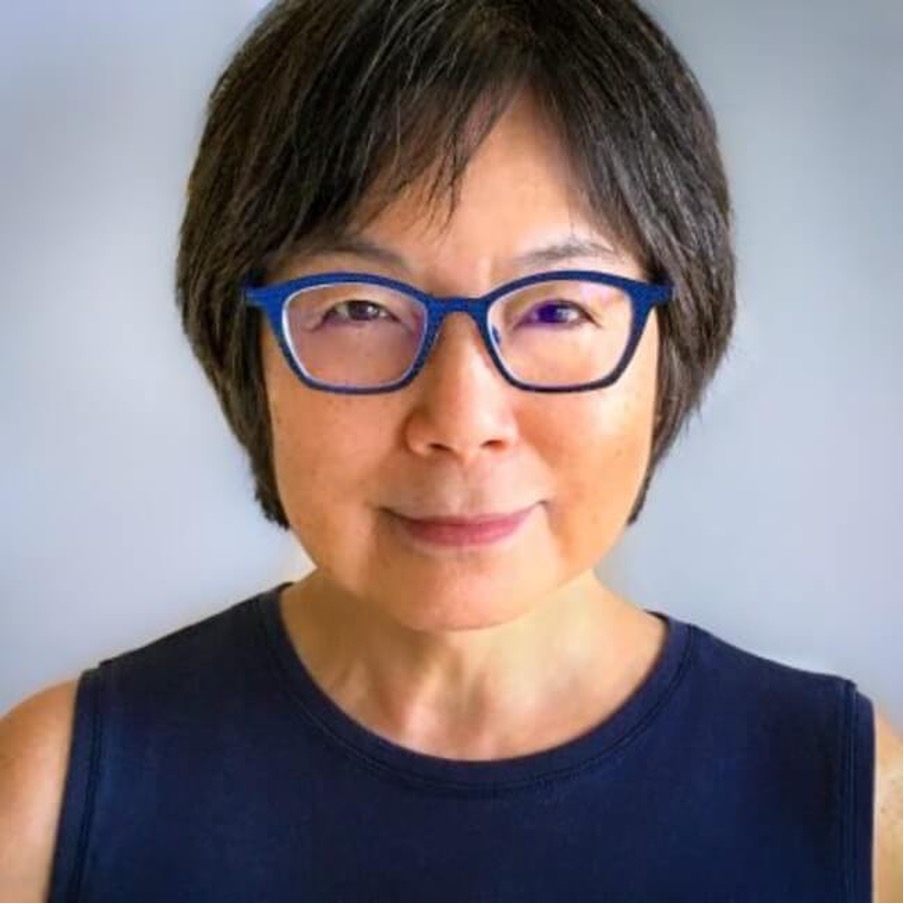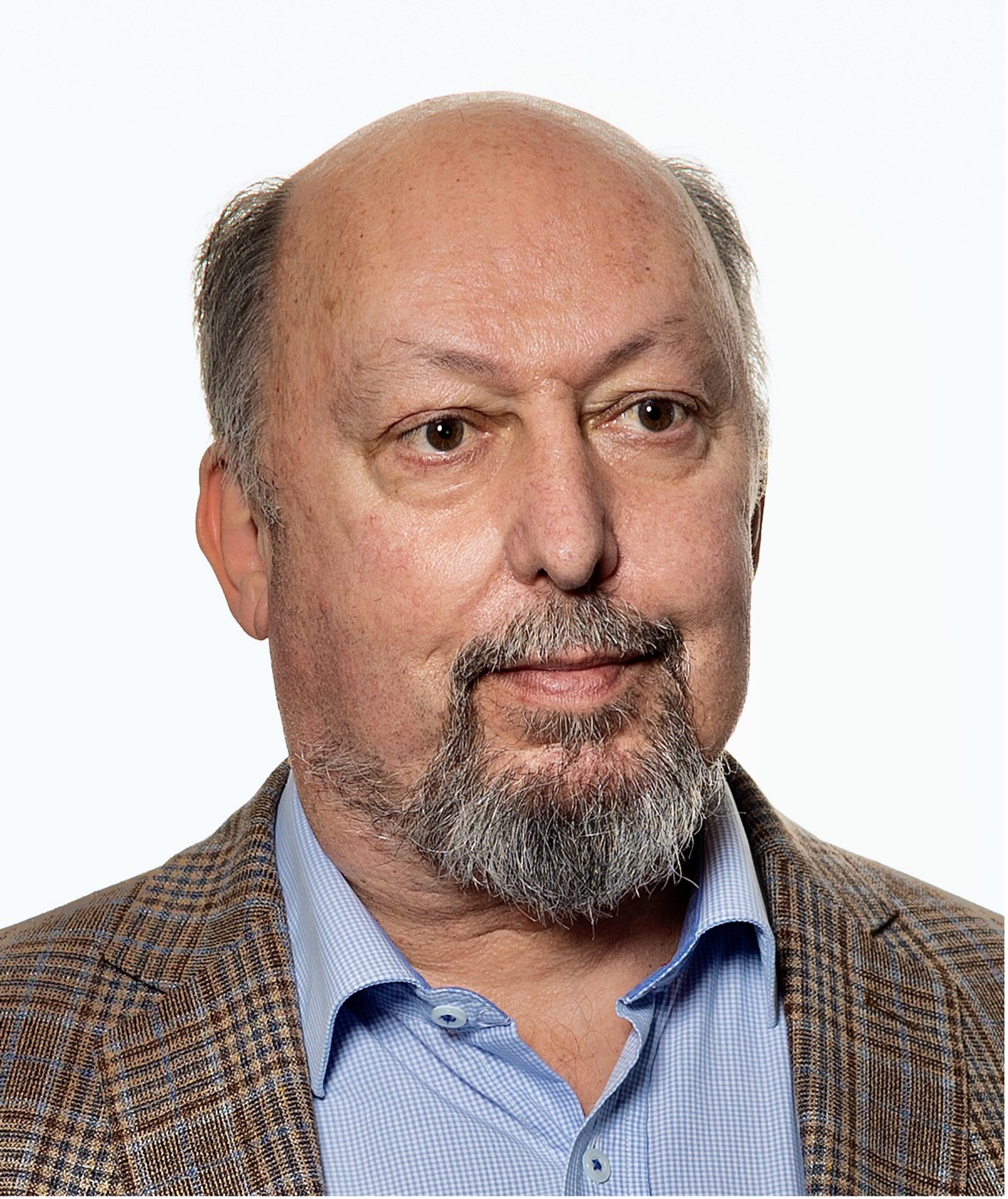Bernal Prize 2023:
Joan Fujimura and Warwick Anderson
The Society for Social Studies of Science annually awards the Bernal Prize to an individual who has made distinguished contributions to the field of STS. Past winners have included founders of the field, along with outstanding scholars who have devoted their careers to the understanding of the social dimensions of science and technology. The 2023 Prizes go to Joan Fujimura and Warwick Anderson.
The 2023 Bernal Prize Committee: Canay Özden-Schilling, Chair, Emma Kowal, Banu Subramaniam, Aneesh Aneesh, Anne Pollock
Joan Fujimura
 Joan H. Fujimura is Martindale-Bascom Professor of Sociology, Emerita, and Founding Director of the Holtz Center for Science and Technology Studies at the University of Wiscons in Madison. Since the beginning of her career in the 1980s, Joan Fujimura has been a central figure in the ethnographic studies of science. Her multi-sited, multi-layered laboratory field research studies in the US, Japan and Europe have been critical in the analysis of science as practice. Starting with her path-breaking ethnographic work in the 1990s exploring how cancer was "transformed" from a heterogeneous disease into a disease of our genes, her work has innovated important intellectual tools for linking micro-level understandings of daily scientific work processes and decision-making, to macropolitical movements and trends at the level of institutions and fields. More recently, Fujimura has been a trailblazer in examining the relationship between new genomics and the troubling ways in which racial and ethnic differences are often reified as biological, perpetuating systems of discrimination and disparity. As part of this effort, she and her team conducted ethnography of the production, application, and consequences of algorithms in science and medicine. She has been a tireless mentor and dedicated institution-builder at Stanford and the University of Wisconsin, and through both 4S and the American Sociological Association, and the field of STS stands positively transformed by her intellectual and service contributions.
Joan H. Fujimura is Martindale-Bascom Professor of Sociology, Emerita, and Founding Director of the Holtz Center for Science and Technology Studies at the University of Wiscons in Madison. Since the beginning of her career in the 1980s, Joan Fujimura has been a central figure in the ethnographic studies of science. Her multi-sited, multi-layered laboratory field research studies in the US, Japan and Europe have been critical in the analysis of science as practice. Starting with her path-breaking ethnographic work in the 1990s exploring how cancer was "transformed" from a heterogeneous disease into a disease of our genes, her work has innovated important intellectual tools for linking micro-level understandings of daily scientific work processes and decision-making, to macropolitical movements and trends at the level of institutions and fields. More recently, Fujimura has been a trailblazer in examining the relationship between new genomics and the troubling ways in which racial and ethnic differences are often reified as biological, perpetuating systems of discrimination and disparity. As part of this effort, she and her team conducted ethnography of the production, application, and consequences of algorithms in science and medicine. She has been a tireless mentor and dedicated institution-builder at Stanford and the University of Wisconsin, and through both 4S and the American Sociological Association, and the field of STS stands positively transformed by her intellectual and service contributions.
Acceptance Statement:
Fujimura: I am humbled and honored to receive this award, and I extend my gratitude to the Bernal Committee and 4S. While sociology and anthropology have been my institutional homes during my entire career, STS has been my intellectual home. The interplay between both homes has given me the education and tensions that have fueled my curiosity, research, teaching, and broader commitments. Growing up in multi-national, multi-cultural, multi-racial Hawai’i and on the wildly beautiful and nurturing island of Kaua’i made me love diversities of all kinds, natural and social. That too fueled my desire to understand natures of all kinds and the efforts of science to study them, but also my resistance to efforts to control and manipulate natures and to produce one-package answers to the questions I asked. I am also grateful to my students and colleagues through the years who have worked and argued with me to my benefit and hopefully to theirs. I am especially grateful to my dear husband and partner Kjell Doksum who read every word I wrote, who was my interlocutor, who was part of our research team, and who supported me in every possible way throughout our forty-two years together.
Warwick Anderson
 Warwick Anderson is the Janet Dora Hine Professor of Politics, Governance and Ethics in the Department of Anthropology and leader of the Politics, Governance and Ethics Theme in the Charles Perkins Centre, a biomedical research institute at the University of Sydney. Additionally, he is an honorary professor in the Centre for Health Equity (which he founded) in the School of Population and Global Health at the University of Melbourne. Beginning in the 1990s, Warwick Anderson has published path-breaking research on recent histories of science, medicine, environment, immunity, whiteness and modernity. He has been a major contributor to postcolonial STS through detailed studies of race, colonialism and citizenship, and in a series of profoundly influential programmatic works. Among his five award-winning monographs is The Collectors of Lost Souls: Turning Kuru Scientists into Whitemen, which was honored with the Fleck Prize in 2010. He has led multiple STS programs, mentored scores of now-prominent scholars and convened multiple workshops that have shaped STS, and also modeled interdisciplinary scholarship with scientists in diverse fields. His works have challenged eurocentrism in STS, pushing the field to engage with global histories of science and medicine with a focus on Australasia, the Pacific, Southeast Asia and East Asia. In the time of COVID-19 and in the midst of massive degradation of the Earth’s life-support systems, he is also recognized as a notably insightful and critical public intellectual.
Warwick Anderson is the Janet Dora Hine Professor of Politics, Governance and Ethics in the Department of Anthropology and leader of the Politics, Governance and Ethics Theme in the Charles Perkins Centre, a biomedical research institute at the University of Sydney. Additionally, he is an honorary professor in the Centre for Health Equity (which he founded) in the School of Population and Global Health at the University of Melbourne. Beginning in the 1990s, Warwick Anderson has published path-breaking research on recent histories of science, medicine, environment, immunity, whiteness and modernity. He has been a major contributor to postcolonial STS through detailed studies of race, colonialism and citizenship, and in a series of profoundly influential programmatic works. Among his five award-winning monographs is The Collectors of Lost Souls: Turning Kuru Scientists into Whitemen, which was honored with the Fleck Prize in 2010. He has led multiple STS programs, mentored scores of now-prominent scholars and convened multiple workshops that have shaped STS, and also modeled interdisciplinary scholarship with scientists in diverse fields. His works have challenged eurocentrism in STS, pushing the field to engage with global histories of science and medicine with a focus on Australasia, the Pacific, Southeast Asia and East Asia. In the time of COVID-19 and in the midst of massive degradation of the Earth’s life-support systems, he is also recognized as a notably insightful and critical public intellectual.
Acceptance Statement:
Anderson: I am honored and delighted to receive the John Desmond Bernal Award from the Society of Social Studies of Science, a group of scholars and friends which has shown me generous hospitality and offered me intellectual succor for more than thirty-five years. In 1988, when he taught briefly in Melbourne, Bruno Latour opened wide the door to the richly generative, amply diverse, and endlessly ramifying field called science and technology studies. Since then, critical STS scholarship has grounded, framed, and informed all of my writing and most of my day-to-day thinking. It has allowed me, and countless others, to see the world in a different (and not always flattering) light. I see this award as recognizing what seem to me among the more pressing concerns of our field, especially the urgency of postcolonial critique and reparation, the need for Pacific, East Asian, and Australasian perspectives, and the demands for health equity and environmental justice—issues that continue to animate my scholarship and teaching, and to make STS such a necessary endeavor.



